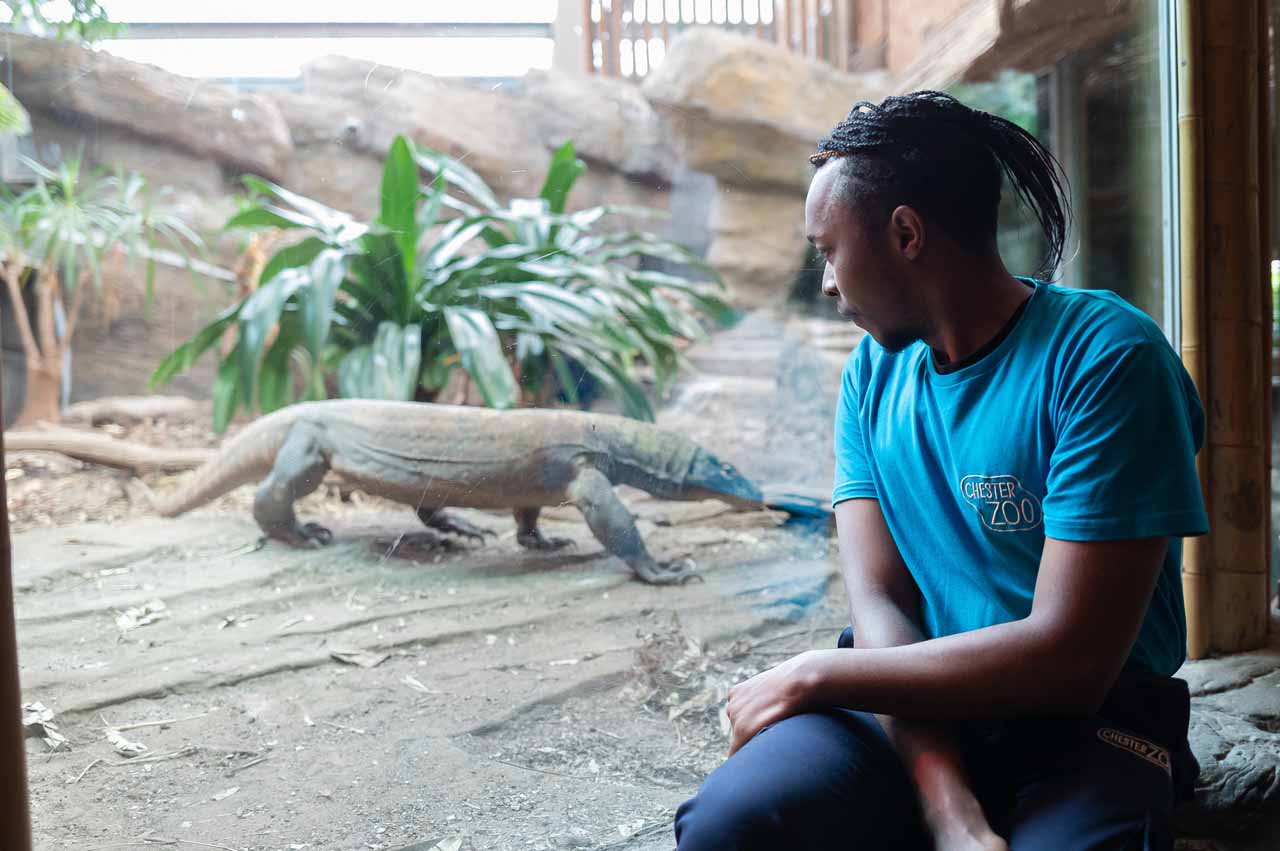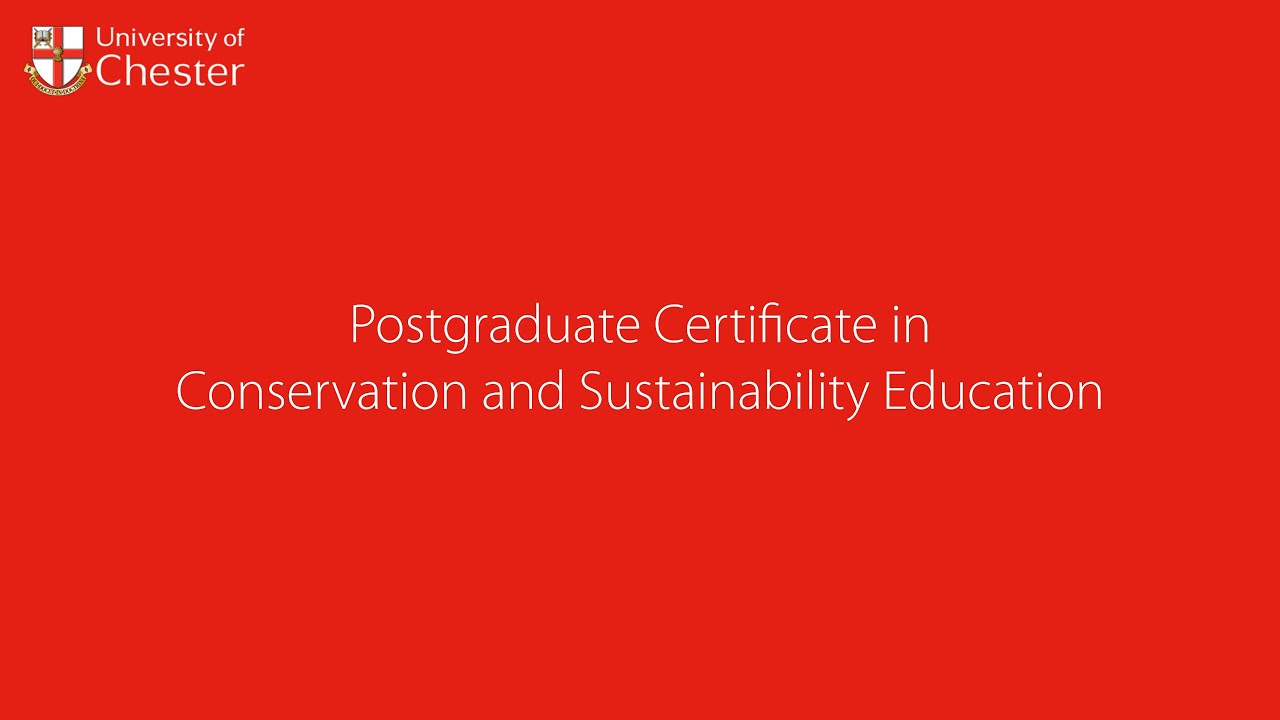2:2honours degree
A 2:2 honours degree in any subject, and be engaged in, or aspire to work in, teaching and learning or public engagement with conservation and/or sustainability. Applicants with other degree classes and significant experience may be considered through interview and if they can demonstrate, on application, their ability to work at Level 7.
Applicants whose first language is not English must provide evidence of proficiency to IELTS 6.5 with no less than 5.5 in each band or equivalent.
This is a practical course that could be undertaken as part of full-time employment to develop the professional skills of those currently working in a related field including zoo/aquarium/conservation and sustainability and/or education.
Ability to access the internet to study remotely is essential.
2:2honours degree
Students from countries outside the UK are expected to have entry qualifications roughly equivalent to UK A Level for undergraduate study and British Bachelor's degree (or equivalent) for postgraduate study. To help you to interpret these equivalents, please click on your country of residence to see the corresponding entry qualifications, along with information about your local representatives, events, information and contacts.
We accept a wide range of qualifications and consider all applications individually on merit. We may also take into account appropriate work experience.
See below for your country specific requirements. Please note, some programmes have special entry requirements and if applicable, these are listed below.
English Language Requirements
For more information on our English Language requirements, please visit International Entry Requirements.



